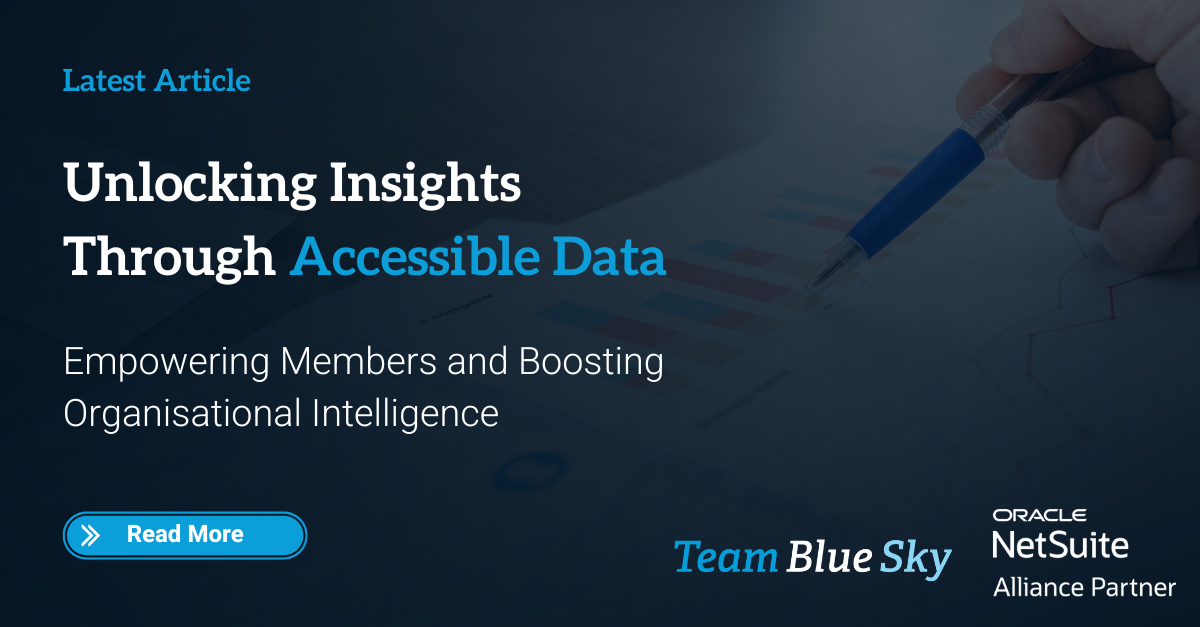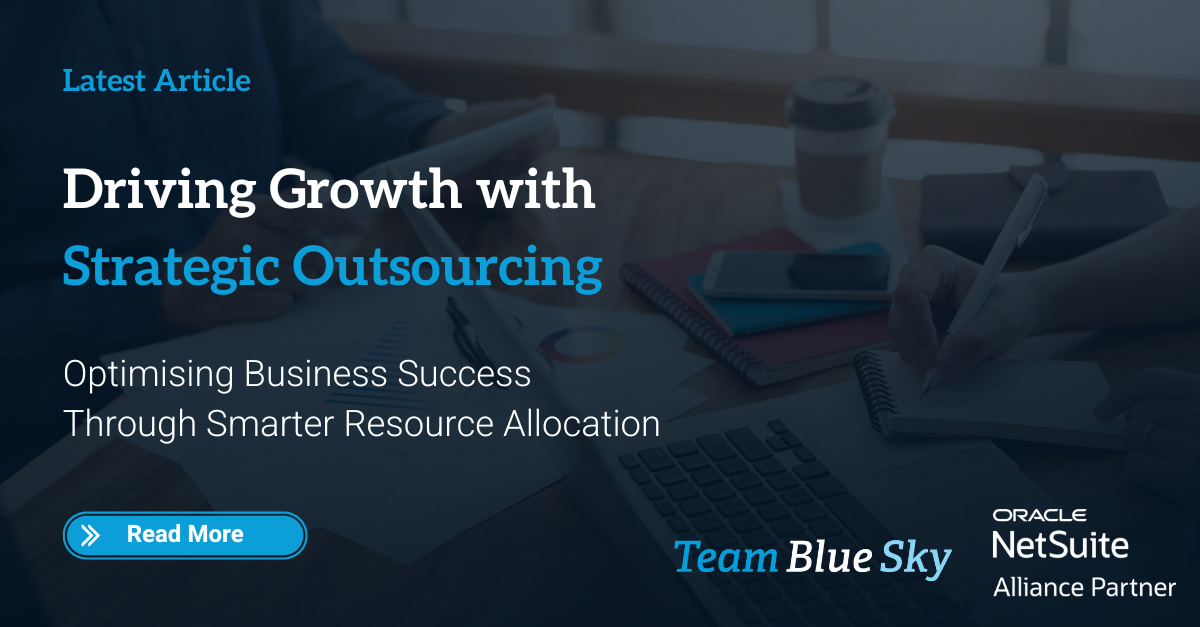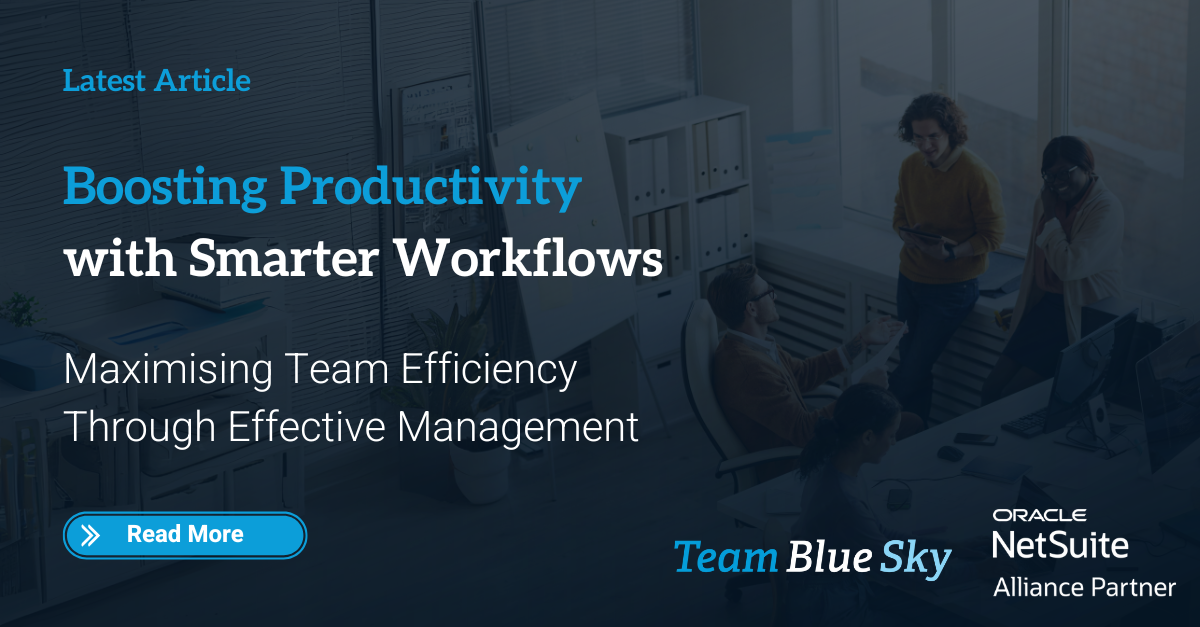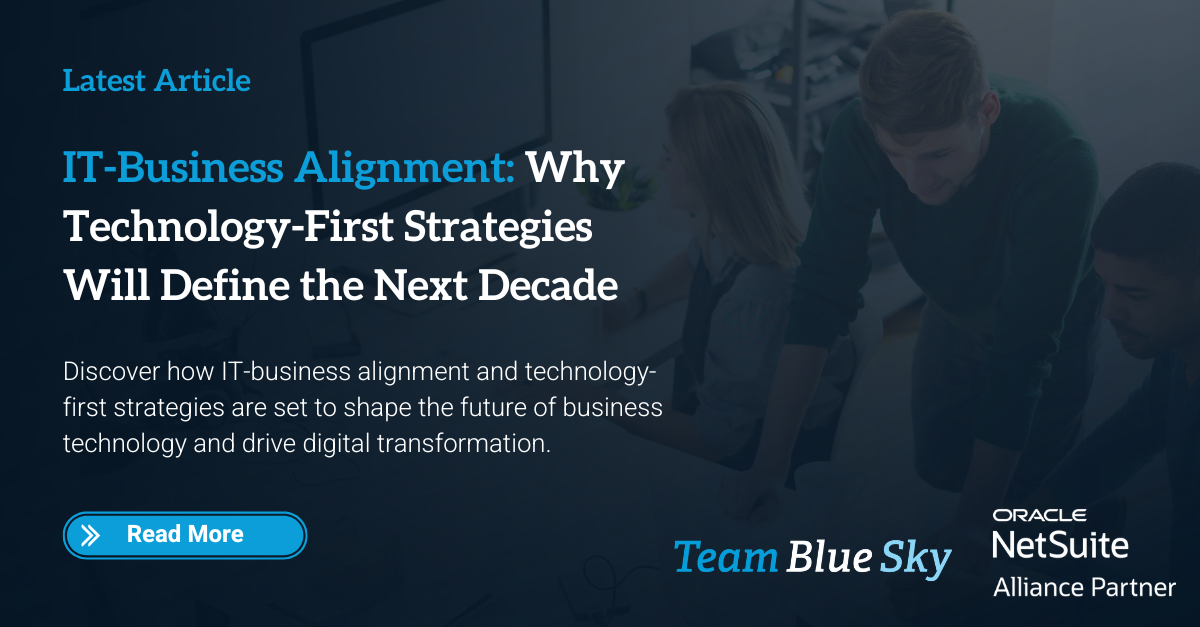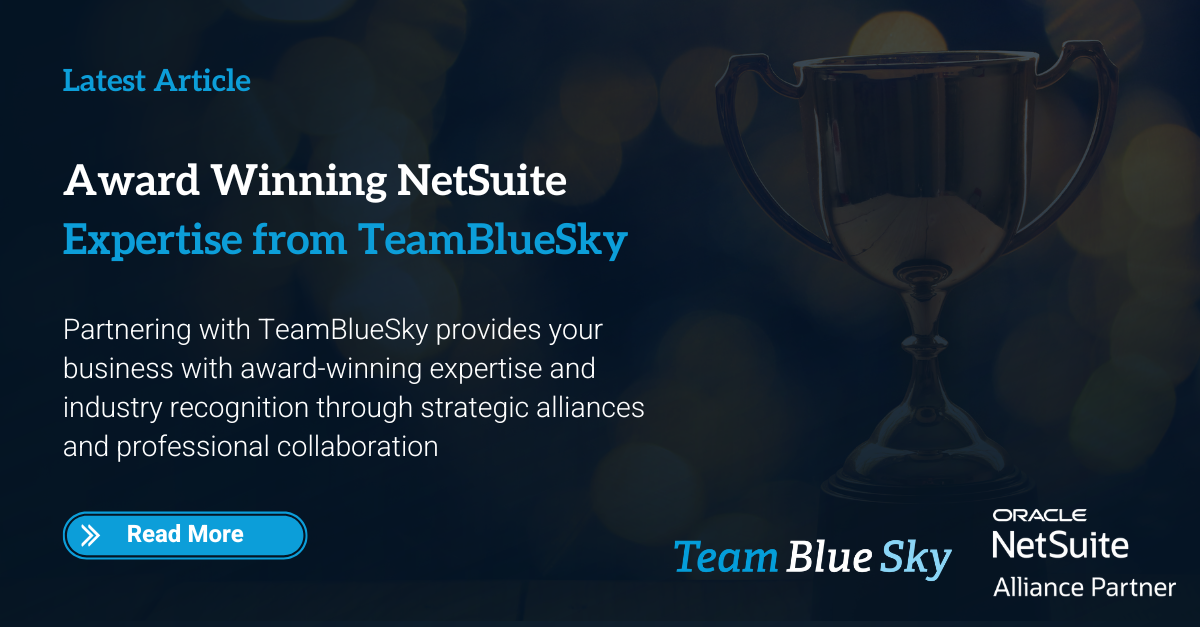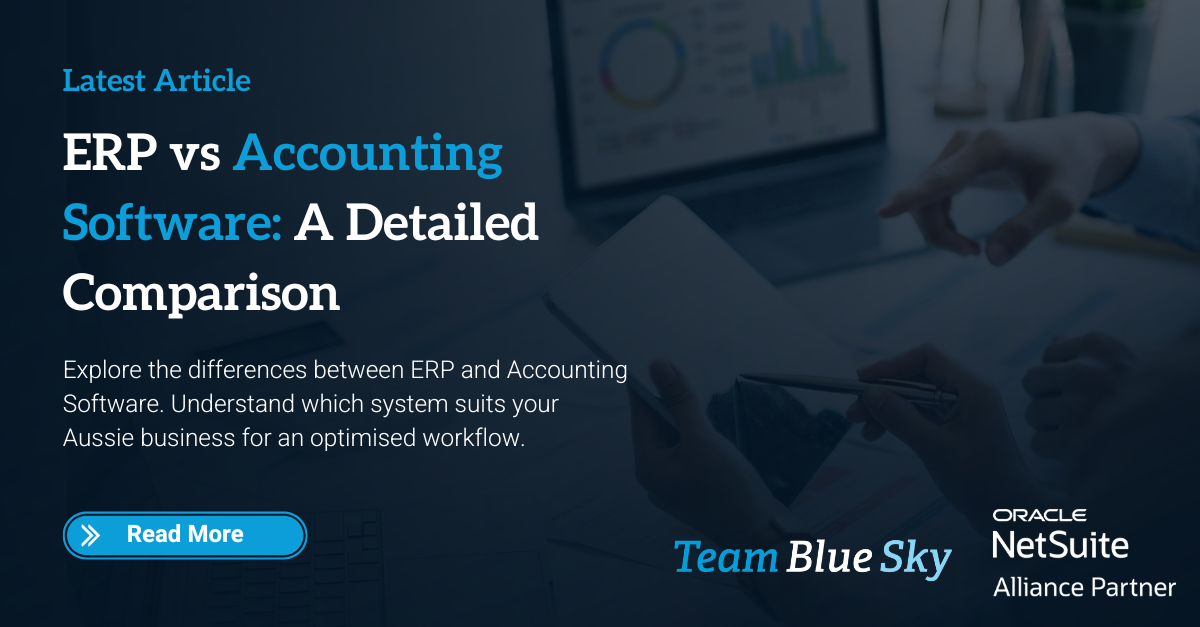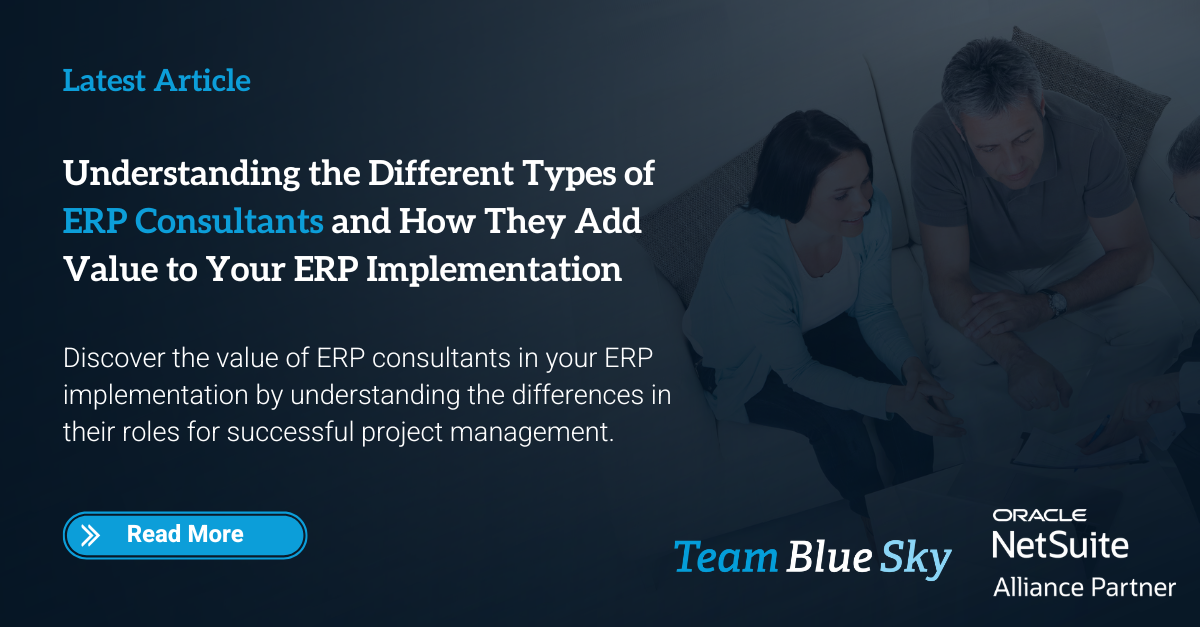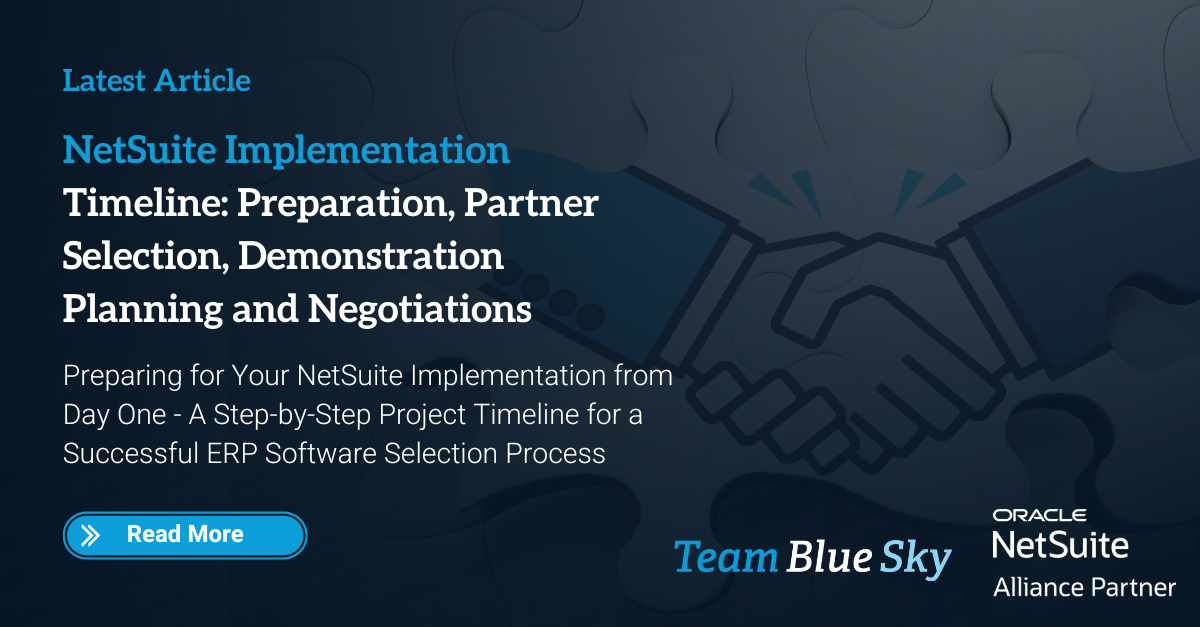Exploring the Benefits and Challenges of Outsourcing Payroll in Distribution, Retail, and Manufacturing
For many distribution, retail, and manufacturing businesses, outsourcing the responsibility of handling payroll systems and tasks to third-party companies has become a common choice.
The reason is straightforward: for these industries, payroll management can be an especially time-consuming and complex responsibility that distracts from the main business tasks.
Payroll Outsourcing Advantages
Financial Efficiency and Expense Reduction
Choosing to outsource payroll holds notable advantages, especially in certain industries. Companies often face substantial costs associated with hiring and training an in-house payroll team. Additionally, the expenses related to purchasing and maintaining payroll software can add up. Outsourcing offers a solution by alleviating these financial burdens and promoting cost savings.
Strategic Resource Allocation
The intricacies of payroll tasks demand significant time and resources, potentially diverting focus from core business functions. Outsourcing enables companies to reallocate internal resources in a strategic manner. This allows for a concentrated effort on essential operations such as product development, sales growth, and effective marketing, ultimately driving heightened efficiency and performance.
Beyond Cost and Time Saving: Strategic Advantages
Adaptability in Competitive Environments
Industries like distribution, retail, and manufacturing often grapple with complex challenges and intense competition. The decision to outsource payroll facilitates agility in adapting to shifts in the business landscape. Expert outsourced providers possess specialised knowledge and resources to efficiently manage payroll tasks, potentially exceeding the capabilities of an internal team.
Adopting Best Practices and Technological Trends
Outsourcing empowers companies to tap into industry expertise and leverage cutting-edge technology in payroll management. External experts offer insights into optimal methodologies and utilise advanced tools that many companies don’t have access to. This exposure enhances a company's capabilities, fostering proficiency in payroll management and positioning the business for success.
Navigating Challenges in Payroll Outsourcing
Despite the array of benefits that come with payroll outsourcing, there are certain challenges that businesses must remain vigilant about. These challenges encompass safeguarding employee data, staying compliant with evolving payroll regulations, and maintaining service quality.
Safeguarding Employee Data in Outsourcing
Data security emerges as a paramount consideration when opting for payroll outsourcing. The very nature of payroll entails handling sensitive employee information like social security numbers, bank details, and addresses. Transferring this data to external payroll providers poses potential security risks. It becomes imperative to select a service provider that comprehends the gravity of this data and implements stringent security measures. This involves secure and encrypted data transfer methods, fortified firewalls, secure data centres, and regular security audits. Businesses should also understand the provider’s backup and disaster recovery plans to avert data loss.
Choosing the Right Payroll Service Provider
Evaluating Industry Experience and Expertise
Selecting the right payroll service provider is a pivotal step for a successful outsourcing journey. An essential consideration is assessing the provider's familiarity and proficiency in the distribution, retail, and manufacturing sectors.
These industries have distinct payroll needs and challenges that differ from those in other sectors. Opting for a provider with substantial industry experience streamlines the process by minimising the learning curve required to understand your business intricacies. Their specialised knowledge ensures precise payroll management within the framework of sector-specific regulations. A provider's track record with other clients will offer insights into their capability to meet your requirements, so be sure to ask for some reference clients for you to speak with.
Assessing Scalability and Customisability
Maintaining operational flexibility is paramount, empowering businesses to swiftly adapt to market shifts. Hence, when choosing a payroll service provider, it is imperative to gauge the scalability and customisability of their offerings. Companies, particularly those in growth phases or dynamic sectors like retail, distribution, and manufacturing, encounter fluctuations in staffing requirements.
An ideal payroll service provider should accommodate shifting business needs, enabling seamless management of staff increases or reductions. Furthermore, their solution should be adaptable to cater to your unique payroll requirements. This is especially crucial when dealing with diverse employee categories (part-time, full-time, casual) or multi-country payrolls. A personalised approach addresses specific payroll challenges and maximises the benefits of the outsourcing strategy.
Best Practices and Tips for Successful Payroll Outsourcing
Establishing Effective Communication and Collaboration
Effective communication and collaboration with your payroll service provider form the bedrock of successful payroll outsourcing in distribution, retail, and manufacturing. Regular interaction and meetings serve as vital conduits not only for updates and process enhancements but also for promptly addressing emerging concerns. These dialogues establish a shared understanding, facilitating seamless payroll operations.
Leveraging available tools and technologies, such as project management software and platforms, is highly recommended to enhance and streamline communication. This approach minimises the risk of miscommunication and oversight while consolidating all communications in a single repository. This strategic utilisation contributes to long-term benefits by fostering clarity and maintaining organised records.
Defining the Scope of Services
Another crucial aspect is to clearly define the scope of services for the payroll outsourcing partner. This not only helps to outline the expectations from the partnership but also provides a roadmap to follow. Defining the scope includes clearly stating the deliverables, the extent of service expected, the implementation plan and the resources that would be required during the process.
This helps to ensure that there is no confusion about what tasks are included in the outsourced process, leaving no room for misunderstandings later. It also helps the service provider to get a clear idea of the expectations and prepare accordingly.
How Payroll Outsourcing is Changing
Payroll outsourcing is undergoing a substantial transformation, particularly in distribution, retail, and manufacturing sectors. This shift is being fueled by several key factors, including advancements in technology, the complexities of payroll regulations, and the need for cost-efficient strategies due to tightening profit margins. Payroll service providers are at the forefront of this evolution, enhancing their software capabilities by incorporating cutting-edge tools such as OCR recognition and award interpretation mechanisms. These innovations aim to streamline workflows and deliver real-time analytics, providing actionable insights that guide effective decision-making. Embracing outsourced payroll services offers businesses a modern, flexible, and scalable solution that can adapt seamlessly to their changing needs.
Adjusting to Changing Payroll Regulations
Payroll regulations are continually changing with regards to tax rates, minimum wages, overtime pay, superannuation rates, and employee benefits. Negotiating these complexities can be challenging for businesses. However, the future of payroll outsourcing holds promise as a solution. Leading providers employ experts who stay up-to-date with legislative changes and use advanced payroll systems that can adjust accordingly. These systems are regularly updated to ensure compliance with changing laws, relieving businesses of the burden of keeping up with these changes and allowing them to focus on their core operations.
Scalable and Flexible Outsourcing Solutions
Scalability and flexibility are key aspects for businesses looking to future-proof their operations. As businesses grow and expand, their payroll needs will also change and evolve. They may need to handle more employees, expand to new markets, or comply with different payroll regulations. Here, a scalable payroll outsourcing solution can be a significant advantage. A good payroll service provider will offer flexible solutions that can cater to changing business needs, whether it involves expanding the workforce or entering new geographies.
Additionally, such services may allow businesses to add or remove features or adjust their services based on their operational needs, thus creating a tailor-made, flexible payroll solution. The future of payroll outsourcing, thus, signifies a transition from a one-size-fits-all solution to customisable and scalable services to mirror the growth and evolution of businesses.
Navigating Payroll Outsourcing Successfully
Given the multitude of benefits and concurrent challenges surrounding outsourcing payroll in distribution, retail, and manufacturing industries, it becomes essential for businesses to approach this decision with comprehensive knowledge.
Understanding the balance between the potential advantages, like cost savings and improved resource focus, with the possible challenges, such as data security and regulatory compliance, is vital.
In addition, the careful selection of an experienced service provider and the creation of a strong working relationship significantly contributes to the success of the outsourcing effort. Staying tuned into future trends, like AI and automation, will also help businesses stay ahead and maximise their outsourcing benefits.
Taking on board these insights and applying them to their unique contexts, companies can leverage payroll outsourcing not just as an operational strategy but as a competitive advantage.

Henry Sack
General Manager

With over 12 years of experience as a NetSuite implementation consultant, Henry Sack leads TeamBlueSky’s team of NetSuite and accounting experts in his role of General Manager.
TeamBlueSky is a leading Australian
NetSuite Alliance Partner whose mission is to provide critical
NetSuite BPO and
Payroll services to NetSuite clients who are wanting to simplify their
back office processes and partner with a leading
NetSuite administration expert.
TeamBlueSky have also partnered with global Suite Developer Network partners to offer local solutioning, implementation and support services for global NetSuite SuiteApps.





